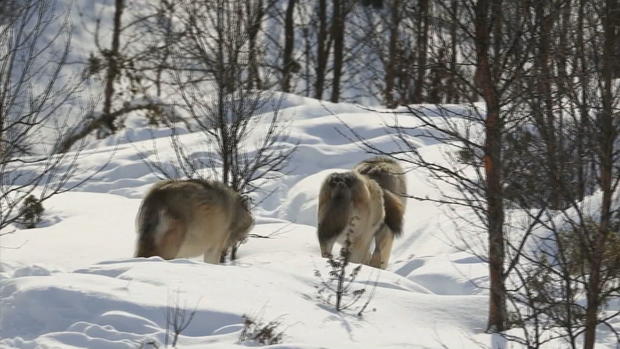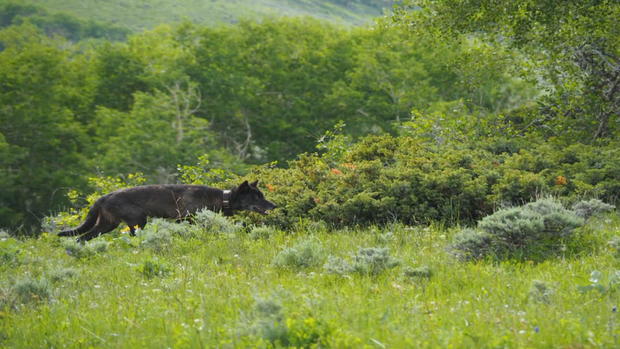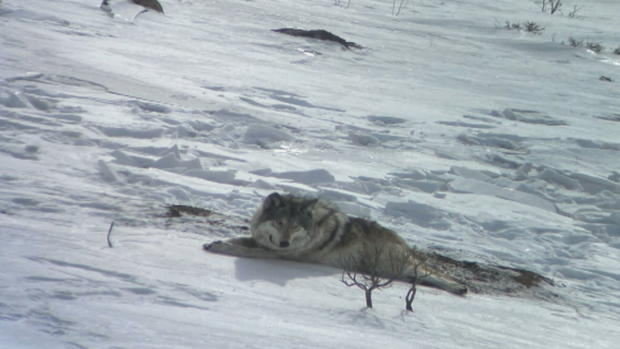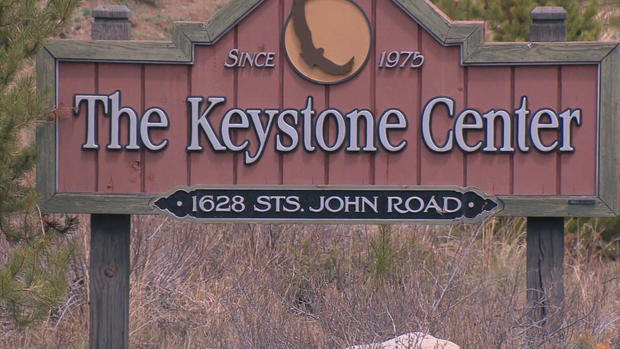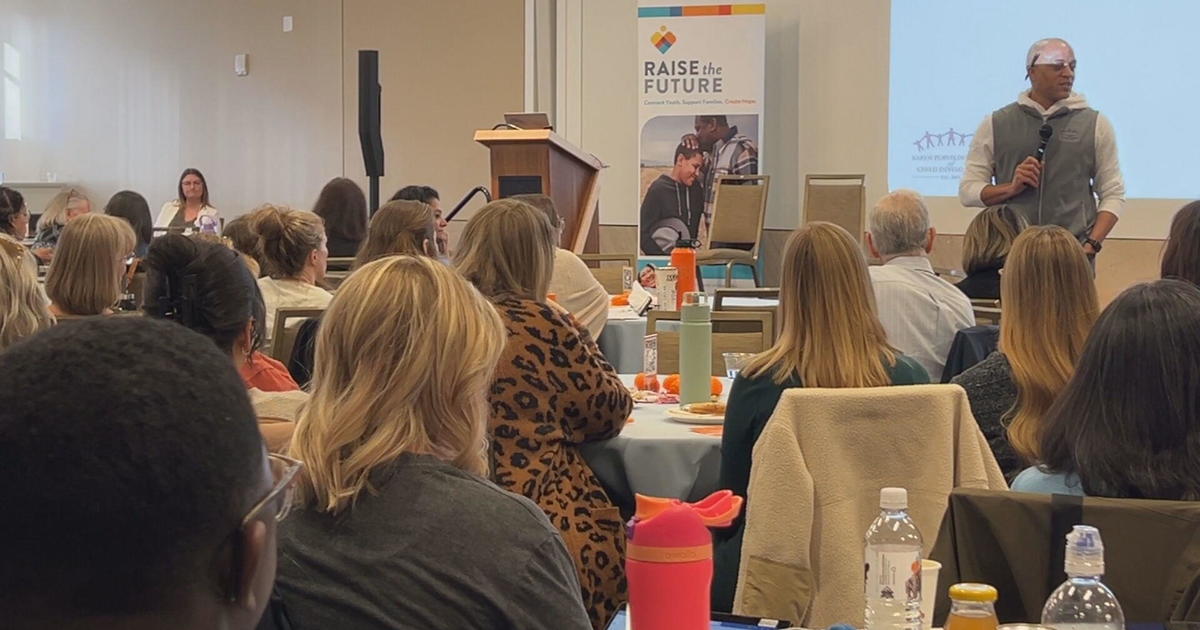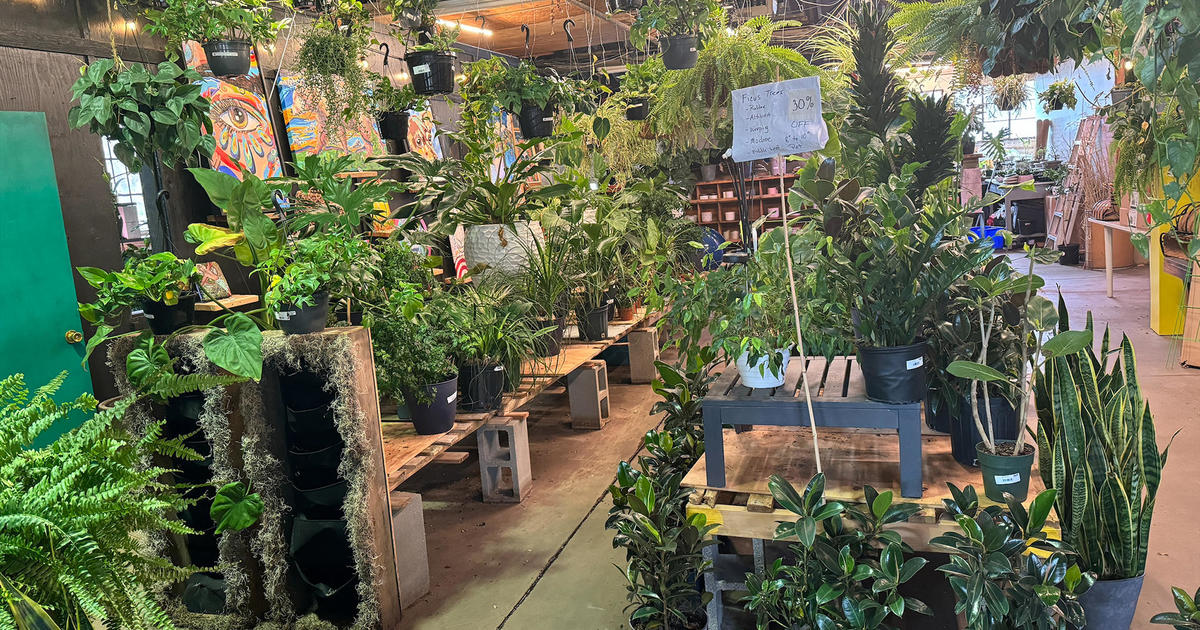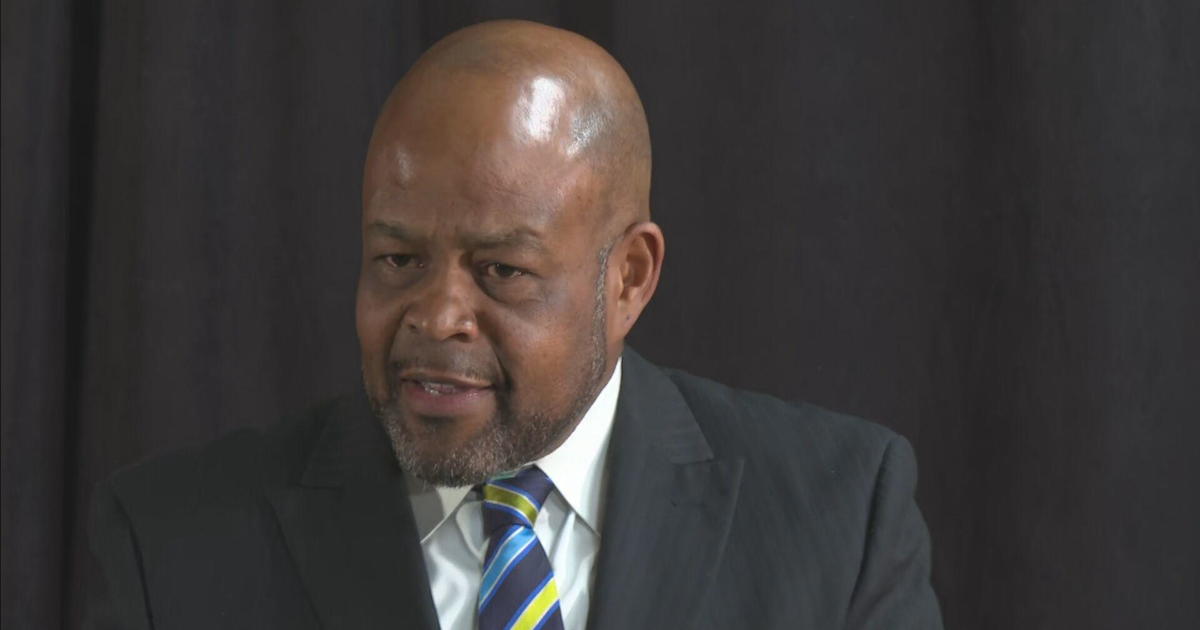CPW Wants To Hear From You About Gray Wolf Reintroduction In Colorado
KEYSTONE, Colo. (CBS4) - Colorado Parks and Wildlife will host its third educational session in June, focusing on livestock depredation, compensation for livestock loss and how wolf reintroduction will impact ungulate populations. It's the third in a series of CPW conversations on wolf reintroduction, and it's only the beginning.
"We do have a hard deadline. We will have wolves on the ground by the end of 2023," said Rebecca Ferrell, CPW Branding and Communications Manager. "Some people think that should move a lot faster, but Prop 114 not only asks us to implement that reintroduction, but also to have a robust public engagement process."
As these conversations take place, gray wolves are already in Colorado.
"Interestingly enough, we had a gray wolf that was first spotted in Jackson County in 2019, who was collared up in Wyoming, in Teton National Park. And so the information we had from that wolf's collar was that it was a male. It was known as M1084," Ferrell said.
The sex of the wolf turned out to be a data error, discovered by CPW after it noticed the wolf began to travel with another male CPW had collared, then the pair made a den.
"Here in the last month, we noticed a change in how that wolf was traveling and so the data points were kind of indicating some level of denning behavior," she continued. "The wolf that they had originally labeled as M1084 is in fact a female."
M1084 is now know as F1084. While CPW has opted to stick with the scientific names for data purposes, Gov. Jared Polis feels differently. He dubbed the new residents, John and Jane in the following Facebook post:
"Earlier this year, two wolves were spotted in Northern Colorado. They were thought to be confirmed bachelors wandering south from Wyoming and were given the numbers M2101 and M1084. Now Colorado Parks and Wildlife has determined that one of the wolves is a female, and that they are likely a breeding pair with their den in Colorado! The darker wolf pictured below is now technically known as F1084, but since they have become Colorado residents they deserve proper names, so I'd like to officially welcome John and Jane Wolf to Colorado! They might have some pups, typically born in April or May, back in their den. If so, they are the first wolf pups born in the wild in Colorado since the 1940s! Of course, one breeding pair can't sustain a healthy population, but Colorado voters recently approved the reintroduction of wolves to our ecosystem which will help John and Jane's pups have genetically diverse potential mates to choose from when they grow up."
It's clear many Coloradans are not as enthusiastic as Gov. Polis. It's why Ferrell says public engagement is so critical. Earlier this spring, Idaho lawmakers passed a bill to kill 90% of the state's wolf population due to overcrowding.
"If the population does really well, we will need management tools, and so we'll talk about what that could look like in the future as part of this public engagement process and certainly as we work with both our technical working groups and stakeholder advisory groups," said Ferrell.
CPW is working to finalize members of the technical working group. It will feature federal and neighboring state partners and other experts who have prior experience with wolf reintroduction.
"Some of the things they have learned about how the animals move, how people react to the process. And so they'll be providing some of the more technical and biological piece about wolf reintroduction," Ferrell explained. "We'll also be convening a stakeholder advisory group and that was an application-based group. We asked people to put in an application if they had an interest in participating and so those folks will represent everything from advocates to agriculturists and everything in between, from all over the state. So, we do have sort of a decided intent to really speak to folks from the western slope with that group, since they'll be the most impacted, but we want to represent different interests and different areas from around the state as we put together this plan as well."
A key part of the conversation will involve the Keystone Policy Center, a nonprofit that works with stakeholders from both sides of the issue.
"We're non-advocacy. We're really here to help bring forward other people's interests and perspectives the best that they can be," said Julie Shapiro, Natural Resources Director at Keystone Policy Center. "We don't represent any one perspective but what we represent is the intention to hear from those perspectives, to talk to stakeholders in communities most impacted by decisions, so for wolf reintroduction and management planning. We're going to be talking to Coloradans across the state including and especially on the western slope where wolves might be introduced and where communities might be most impacted."
This summer, Keystone will host open houses and focus groups. The nonprofit is also in the process of developing an online comment forum for anyone interested in voicing their perspective. The entire public engagement process is expected to last for two years.
"We want to help gather the input that can help CPW build a plan that works for wolves and also all of Colorado," said Shapiro.
CPW's next educational session will be held on June 16. More information, click here. To keep up to date with the work the Keystone Policy Center is doing, you can visit their website.
